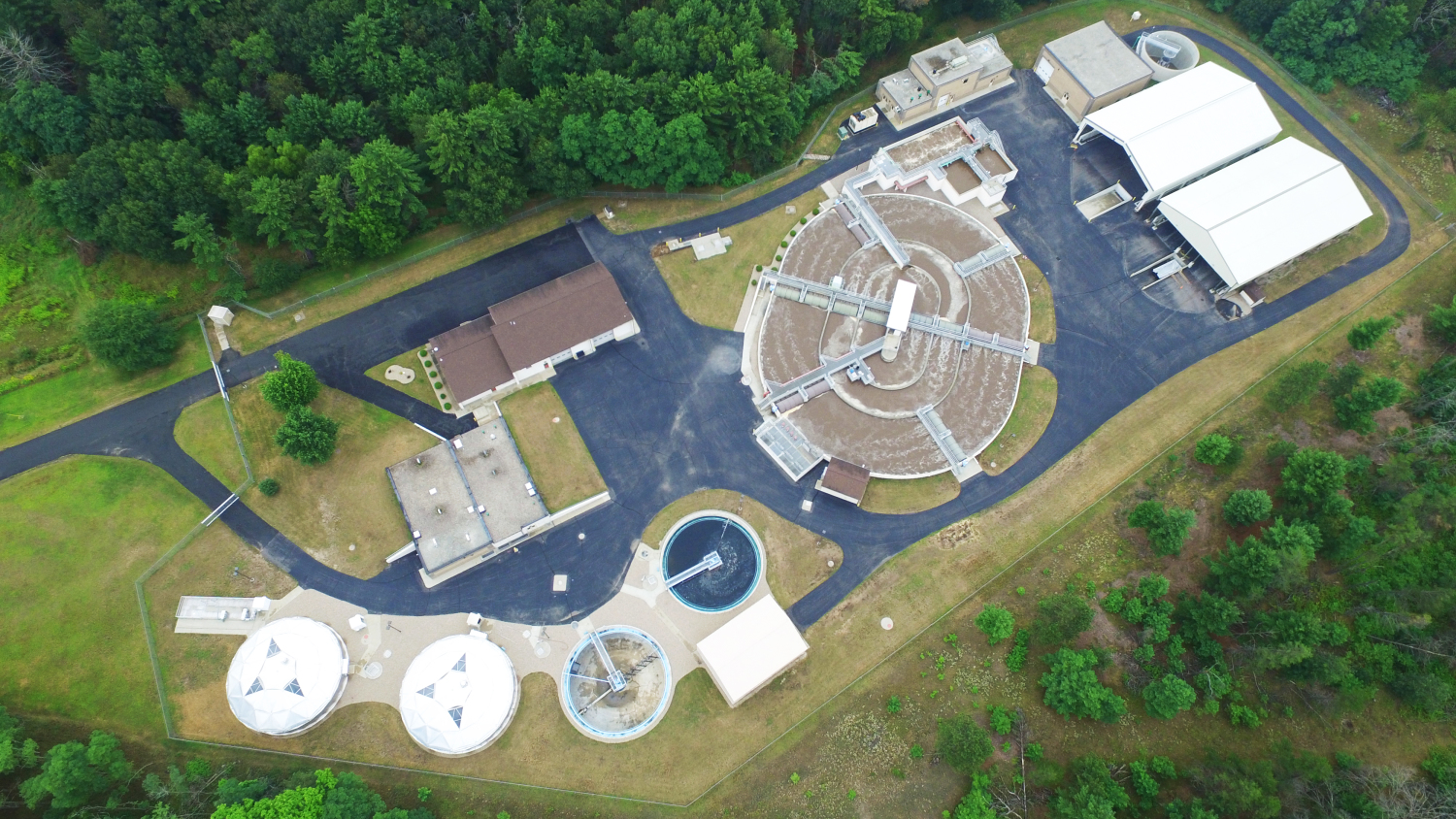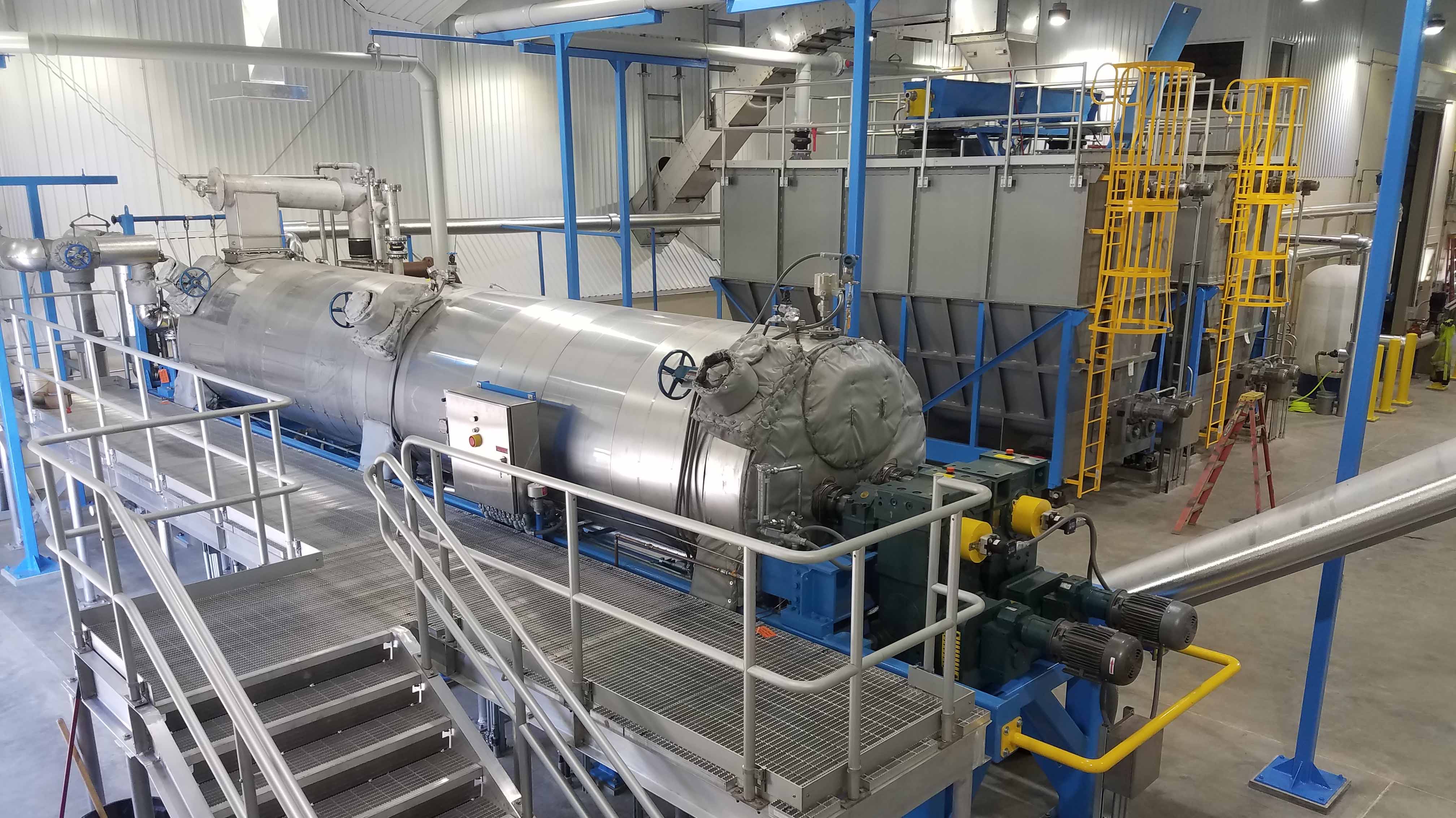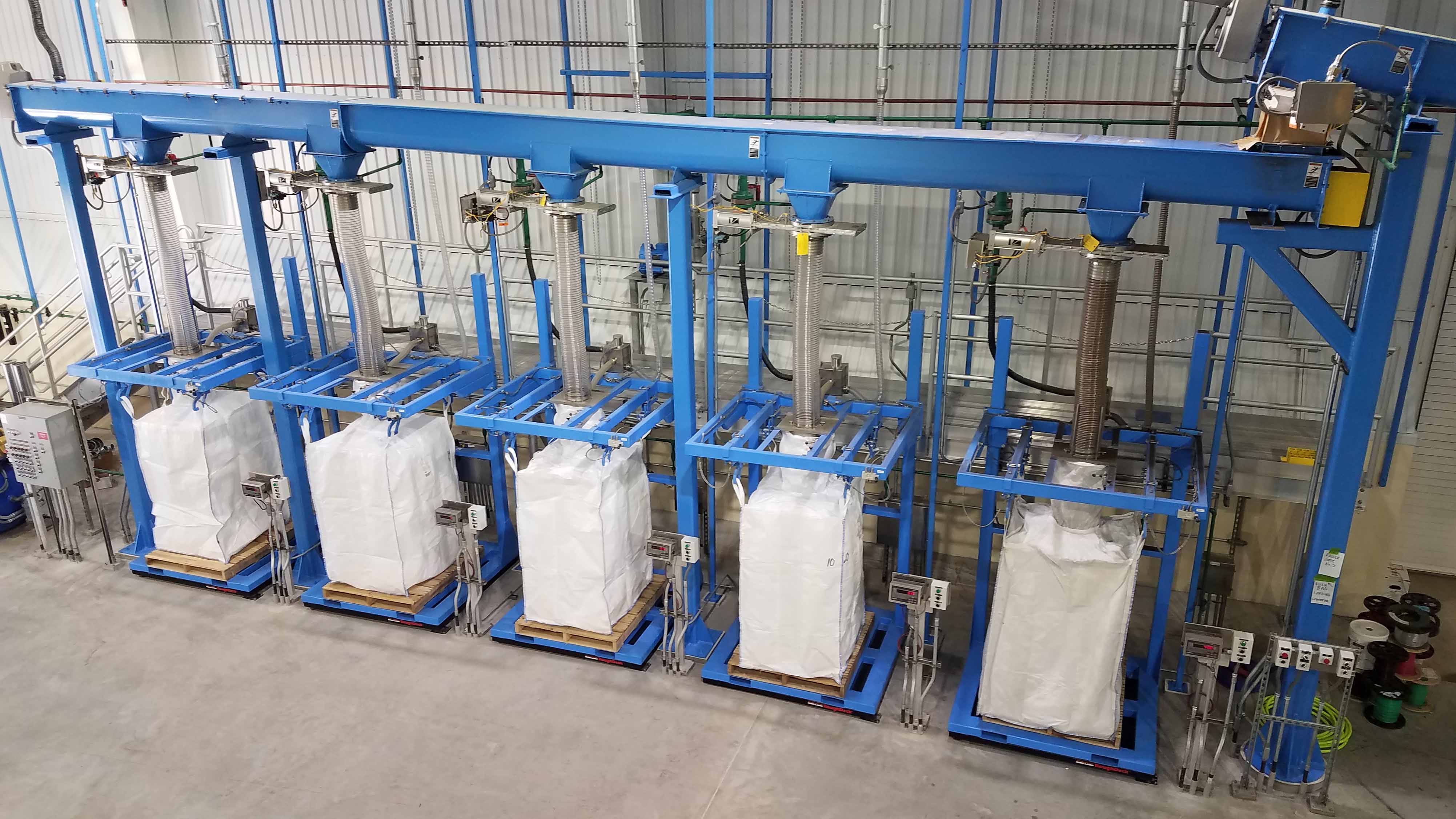Inter-municipal cooperation addresses wastewater treatment challenges
The neighboring communities of Wisconsin Dells and Lake Delton encompass one of the most popular tourist designations in the Midwest. The natural scenic beauty of the Upper and Lower Dells of the Wisconsin River and the development of indoor and outdoor water parks—as well as other attractions, draws over 2.8 million visitors annually to the Wisconsin Dells-Lake Delton area. Since 1990, the average winter wastewater flows have tripled and summer flows have nearly doubled.

For many years, the City of Wisconsin Dells and the Village of Lake Delton operated separate wastewater treatment facilities. Growth in both communities and changes in environmental regulations threatened to render both wastewater treatment facilities obsolete. Officials from the City and Village began cooperative efforts to address the wastewater treatment needs of both communities, which resulted in the formation of the Wisconsin Dells-Lake Delton Sewerage Commission and construction of a joint wastewater treatment facility. Wastewater flow to the Wisconsin Dells-Lake Delton Wastewater Treatment Facility undergoes a combination of mechanical, biological and chemical treatments prior to discharge to the Wisconsin River. The wastewater flows are highly seasonal due to the tourism-based nature of the local economy. Average wastewater flows and loadings during the peak summer tourist season are two to three times the average flows during the winter. This wide seasonal variation created challenges that required unique solutions in the design of the facility and in the way that it operates.

Treatment facility evolves to address growth and new regulations
Since the formation of the Commission in the late 1970s, MSA has served as the Commission’s engineering consultant and has witnessed the evolution first hand. The wastewater treatment facility has undergone several upgrades since it commenced operation in 1981—upgrades vital to meet more stringent discharge limits and to increase treatment capacity in order to accommodate rapid commercial development in the Dells-Delton area. A major facility upgrade was completed in 2006–2007 at a cost of nearly $12 million; it addressed nearly every aspect of the liquid and solids treatment processes.
The most recent project at the Wisconsin Dells-Lake Delton Wastewater Treatment Facility was the addition of dryer equipment for biosolids. The thermal dryer produces finished biosolids with a concentration of 90 percent and reduces the overall volume of biosolids for disposal by 75 percent. When finished, the product is discharged to a system of conveyors that delivers it either to a truck or trailer for transport, or to a bulk bagging system for storage in 50 cubic foot sacks.

The combination of time and temperature within the dryer vessel, along with the high concentration of solids achieved, results in a product that meets the U.S. EPA and Wisconsin DNR designation of Class A biosolids. The Class A biosolids produced have increased potential for application to agricultural land for the nutrient value and as a soil supplement, by reducing regulatory restrictions and improving public acceptance. The Class A designation also allows for additional opportunities for end-use of the biosolids beyond agricultural applications, potentially serving a useful purpose on golf courses, sod farms and construction sites.
Learn more about this project in the Wisconsin Wastewater Operators’ Association September 2023 issue of The Clarifier.
